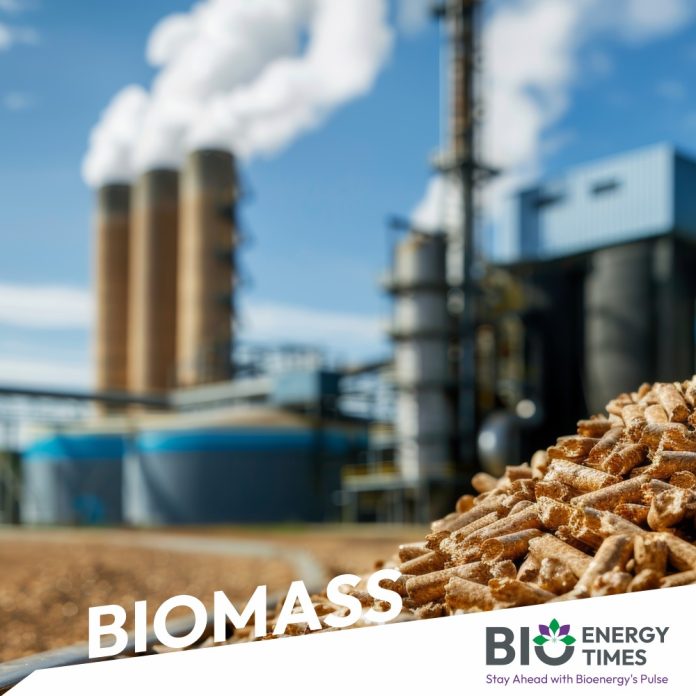Scientists at Friedrich-Alexander-Universität Erlangen-Nürnberg (FAU) in Germany have unveiled a new method to produce methanol directly from raw biomass under mild reaction conditions, potentially paving the way for decentralised, low-cost production, reports Bioenergy Insight.
The technique, led by Dr. Patrick Schühle from FAU’s Chair of Chemical Reaction Engineering, enables materials such as pomace, grass cuttings, wood chips and straw to be converted into methanol without the energy-intensive drying, shredding or long-distance transport required by traditional large gasification plants. The findings were published in the journal Green Chemistry.
Methanol is both a key industrial chemical and a potential clean energy carrier that can be used directly in existing vehicles. Today, however, it is largely made from fossil natural gas. Existing biomass-based methods depend on high-temperature, high-pressure gasification, which drives up costs.
By contrast, FAU’s approach achieves carbon efficiencies of up to 80 per cent and supports smaller, decentralised production units. “This process allows methanol to be produced in a more decentralised manner than was previously possible. It could be worthwhile for large farms, forestry operations or agricultural cooperatives,” said Schühle.
The design also integrates an electrolyser to generate oxygen and hydrogen, ideally powered by local renewable sources such as solar or wind farms. Agrivoltaics – combining farmland with solar power generation – is being explored as a complementary solution.
Economic modelling by the team suggests green methanol could be produced at competitive prices compared to fossil-based production, provided renewable electricity is affordable. “This means it could make a meaningful contribution to the defossilisation of our industrial landscape from an economic point of view,” Schühle said.
FAU researchers are working with OxFA GmbH, a Bamberg-based firm known for its expertise in biomass-to-formic acid technology, to help move the project closer to real-world application.















